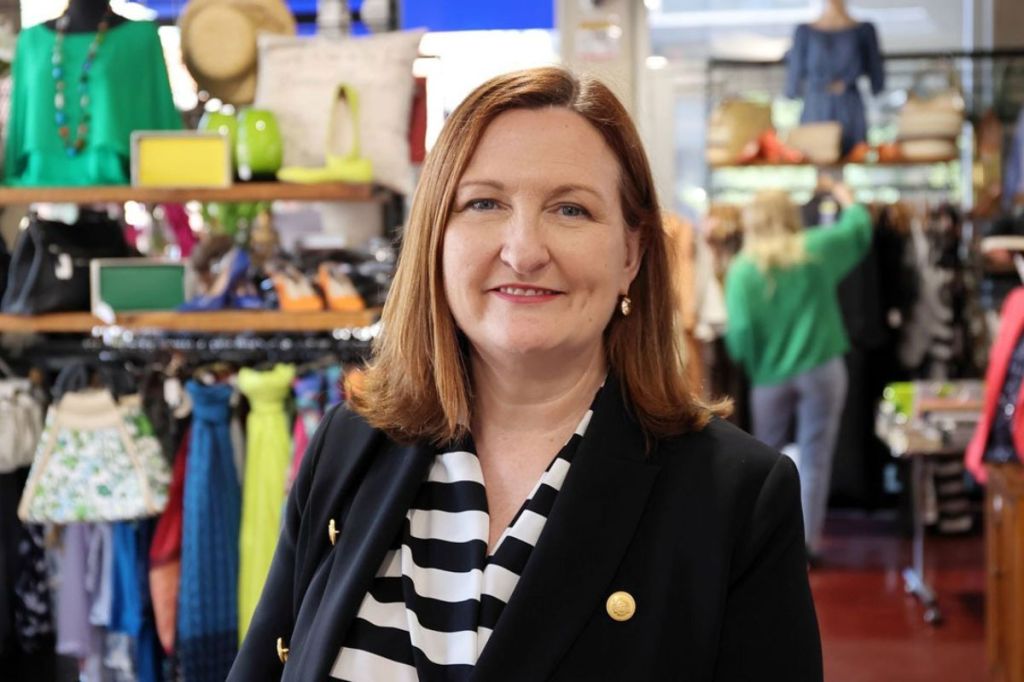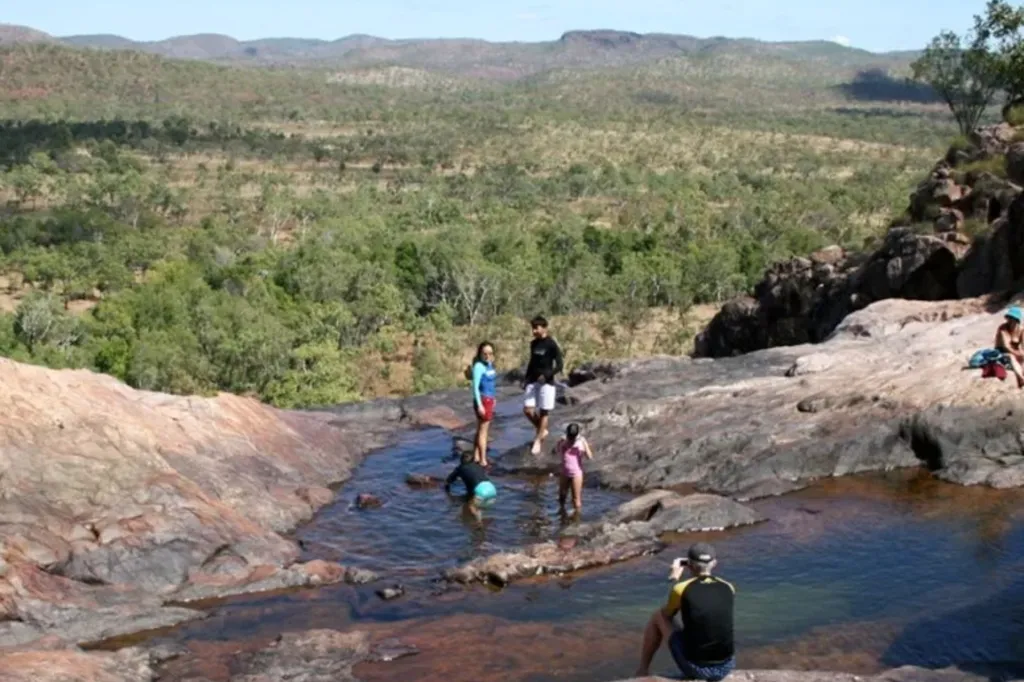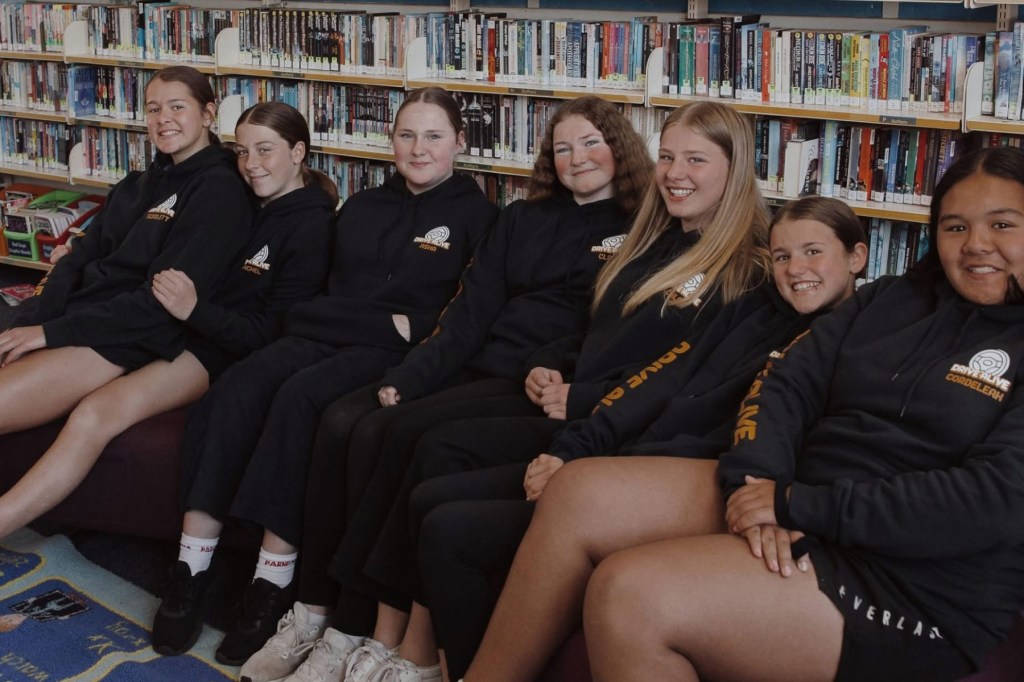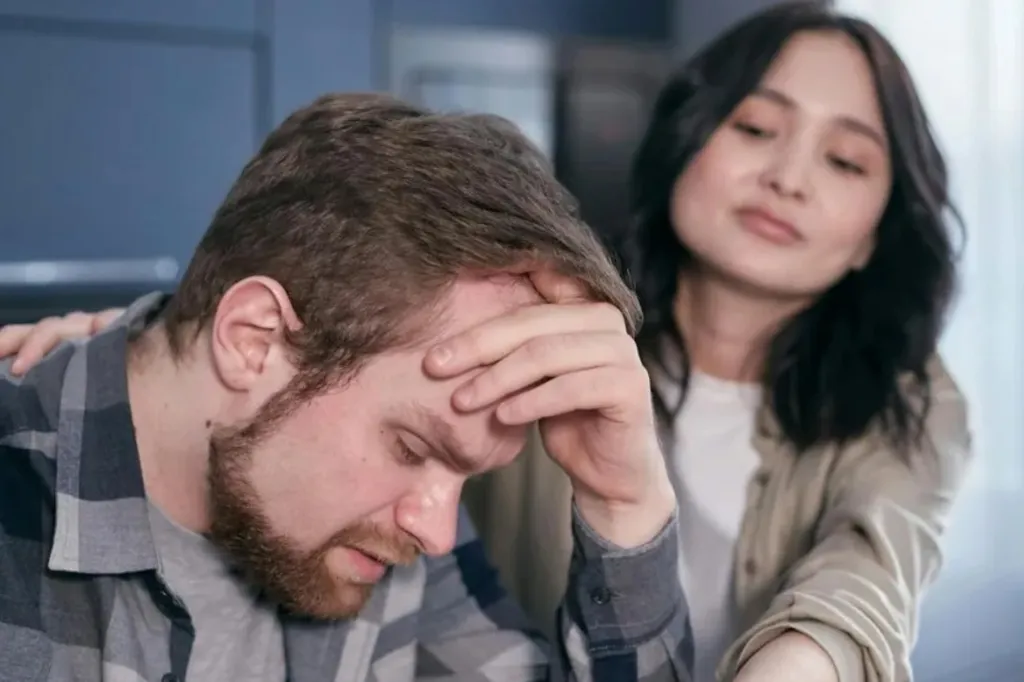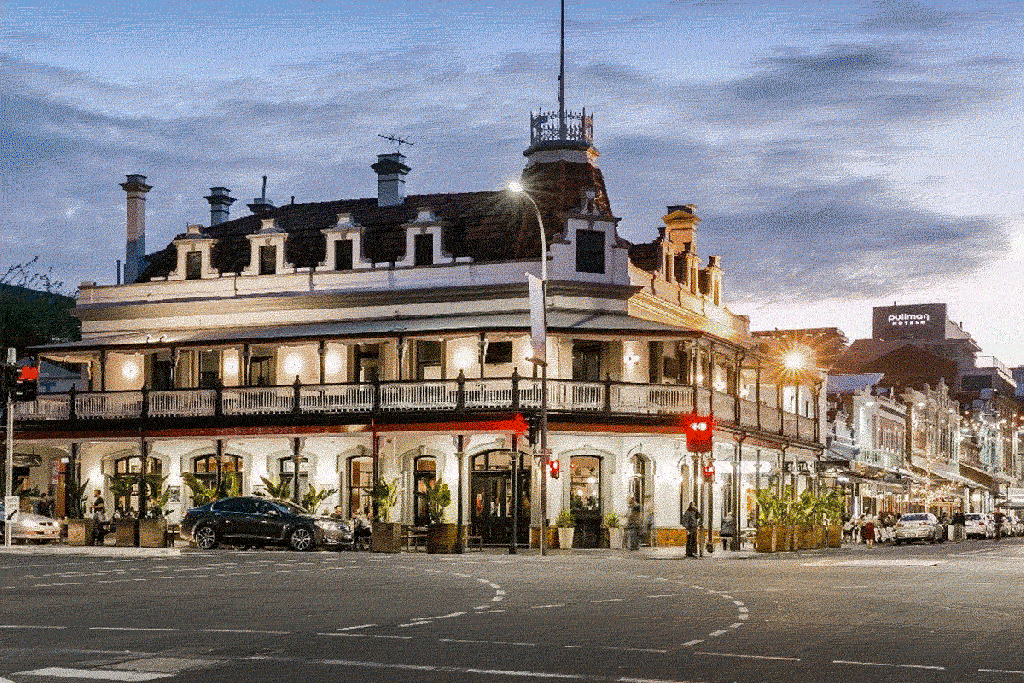Fear and loathing in the US: why Americans are quiet about their political allegiances
Australian journalist and author Max Anderson is in Arizona to witness this most important US election. What he has found is a population afraid to publicly reveal their political colours.

The town of Catalina, an hour north of Tucson, Arizona, is an outpost of saguaros and tequila sunrises. Many of the old cattle ranches in the foothills of the Santa Catalina mountains have been carved up for resort-like communities that attract wealthy retirees seeking a winter climate that’s kind to old bones. Three words might best describe the place: “well-mannered”, “unhurried” and “accommodating”.
With just hours before the 60th presidential election, you could add a fourth: “anxious”.
“It’s probably the most important election in the last 50 years in America,” says Rick Stockton, “and I think the entire country has a heightened level of anxiety.”
Rick, 61, is a lobbyist who worked on Wall Street. He’s also an independent, meaning he’s voted both Republican and Democrat. He’s sharing a Starbucks coffee in Bashas’ supermarket with 80-something retiree, Ray Mack.
Ray says he’s “pretty much a conservative” but has supported candidates of all stripes. (He also confesses to having dated the daughter of Senator George McGovern, who stood against Richard Nixon in 1972.)
Both men live in the nearby Saddlebrooke community, where retired lawyers, surgeons and financiers stay fit on tennis courts and any of Saddlebrooke’s three golf courses. Both are content to talk about the election and are troubled by departures from “politics as usual”.
“Back when Reagan, Bush or Barack Obama were running, we never had the rhetoric that we have now,” says Ray.
He references “one candidate in particular” for being extreme, showing some old-fashioned courtesy by not naming ex-President Donald Trump.
“He’s turned me away from the ultra-conservative side of things. He’s got a base of 40 or 50 million people – and I call it a cult,” he says.

It’s business as usual on election day outside the mall in Catalina, Arizona. Just don’t mention who you are voting for. Photo: Max Anderson
You might like
Arizona is one of seven critical swing states and as such you’d expect a heightened sense of occasion for an election that’s already writing itself into the history books. But outside of an occasional star-spangled pickup flying the flag for MAGA, the streets of Catalina seem subdued. More surprisingly, there’s even a paucity of that American election staple, yard signs.
Rick repeats the adage that Americans generally don’t like to talk religion or politics and feels yard signs can amount to an unspoken argument between neighbours. But he suggests this election has seen supporters more closeted than usual, especially among Harris supporters who he suggests are fearful of MAGA backlash.
“They just don’t want to mess with it. My neighbour in Saddlebrooke has a Harris sign, and they said they’ve been getting letters – dirty letters, anonymous letters. And he’s a college professor,” Rick says.
“There’s probably not as many signs as there used to be but right now in Saddlebrooke, Harris has probably outnumbered Trump signs – and that’s unusual for that community.”
Both men declare they’re voting for Kamala Harris in this election.
Ray thinks the VP’s chances are bolstered by the Selzer/Des Moines Register poll suggesting a surprise swing in the hitherto red state of Iowa, potentially driven by a high turnout of women voting on reproductive rights.
Rick concurs.
“The early voting statistics give a little bit of hope,” he says. “But you know, no one’s wanting to be [optimistic] because of the anxiety around this thing. No-one’s wanting to jinx their hopes.”
A few doors up from the coffee meeting is a Catalina hairdressing salon. Thirty-five-year-old Ashley (who’d prefer not to give her surname) is taking a break outside.
Asked about how she’s feeling ahead of tomorrow, she says, “I’m kind of anxious. I know a little bit of what both sides are offering, and it’s just scary because of the topic of abortion… I have a 15-year-old daughter, so the abortion side is [making me] very anxious.”
Given her concern with reproductive rights, it’s a surprise when Ashley admits she hasn’t registered to vote. And doubly surprising when she says she’s “Trump all the way”.
She adds however she’s trying to better educate herself on the differences between the two parties but feels like they’re “only telling us what we need to hear to vote for them. I don’t feel very knowledgeable… so I just ride it out.”
Not that she gets much chance for political discussion.
“There’s a flat ban on talking about politics, with customers and colleagues. It would probably be World War Three if it was out in the open,” she says.
Stay informed, daily
“People are [on] tiptoe because they don’t want to anger a family member or friend because things are just so angry right now.”
Joelle, a late-fifties worker stocking fridges in the supermarket must be similarly diplomatic at work, but she’s vivacious and politically charged.
“Here,” she says with a smile, lifting her hair to reveal an earring fashioned as a Democratic symbol. “And here,” she says pointing to a necklace with the word “VOTE”.
“I’m for Kamala Harris,” she says.
“First and foremost, because our democracy has to be saved. If Trump wins, our democracy is gone. Just as important is our own personal freedoms – starting with my freedom as a woman to control my own decisions about my body.”
Joelle talks about feelings of fear and tension if her country has a second term under President Trump. She’ll be glued to the TV as the results come in.

The streets in Arizona have very few election placards. Photo: Max Anderson
Armed security guard Thomas Leppert is standing outside Tucson’s Democratic Party headquarters. Perhaps understandably given the Arizona Democrats’ field office in Phoenix was shot at last month, he describes himself as “super-anxious”.
Thomas regards the election as the biggest of his lifetime and says he “might vote Trump” for reasons of economic management and keeping the United States out of wars. But he’s suspicious of the extreme left/right divide and rues the lack of a middle political ground. He also says he senses a lot of tension.
“I think, no matter who gets in, there’s going to be some political violence. No matter who wins, both sides are not going to concede,” he warns.
Marisa, 61, is working feverishly on election day – working through lists of people who’ve told her they’ll vote and visiting them to ensure that they do. She’s a volunteer for the Harris-Walz campaign, a native New Yorker and an ebullient activist who is especially impassioned when repudiating Trump’s vilification of immigrants.
“I feel like it’s one of the most consequential elections of our existence,” she says.
She also believes the “neck-and-neck” narrative of the polls is wrong.
“I think there are Republicans who cannot bring themselves to [tell a pollster] that they’re voting for a Democrat,” she says.
“I also think there’s a groundswell of women who have not felt comfortable speaking out. And I think that there are a lot of legal immigrants, in this country – people who have the right to vote – and I just cannot believe that they are not going to be pushed over the edge by [the ‘island of garbage’ rally].”
But for now, Marisa confesses to being afraid of the extreme MAGA movement.
“Did you notice what this office looks like?” she asks indicating the sign-less, nondescript frontage with the window blinds pulled down.
“You know why it’s like that? I’m not shy, I’m not timid, I’m not usually afraid. However, what we saw on January 6 is coming again. I believe it’s coming again, and it’s going to be way more organised.
“No matter if she wins by a little or wins by a landslide, it’s coming.”
